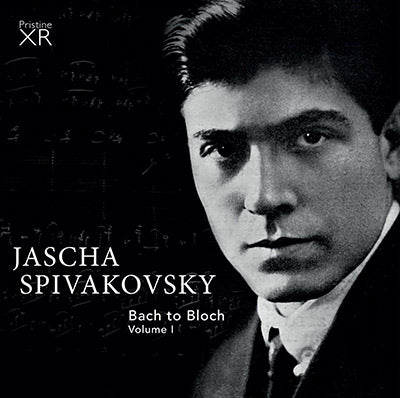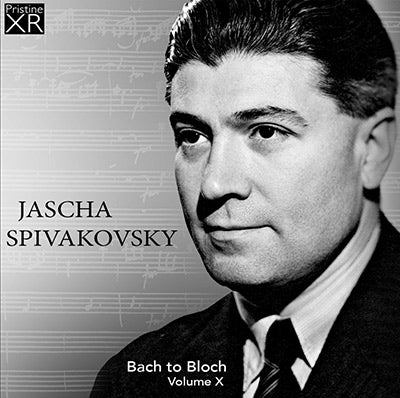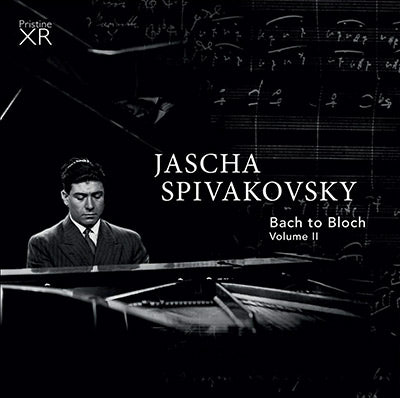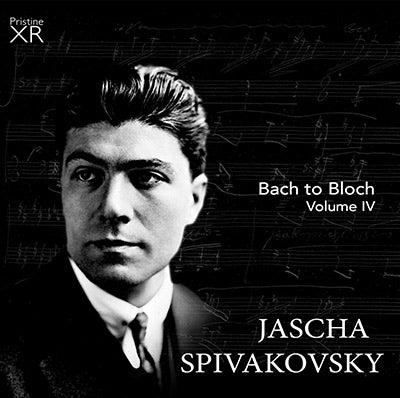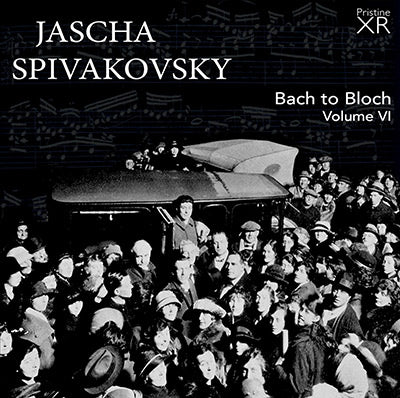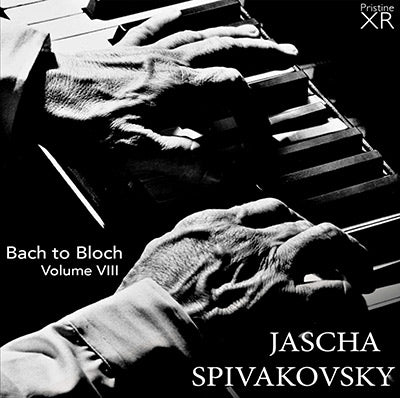Chopin
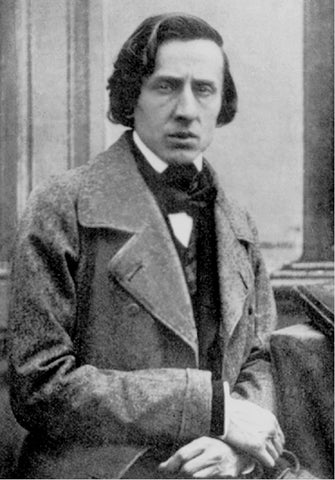
At 21 he settled in Paris. Thereafter, during the last 18 years of his life, he gave only some 30 public performances, preferring the more intimate atmosphere of the salon. He supported himself by selling his compositions and by teaching piano, for which he was in high demand. Chopin formed a friendship with Franz Liszt and was admired by many of his musical contemporaries, including Robert Schumann. In 1835 he obtained French citizenship. After a failed engagement to Maria Wodzińska from 1836 to 1837, he maintained an often troubled relationship with the French woman writer George Sand. A brief and unhappy visit to Majorca with Sand in 1838–39 was one of his most productive periods of composition. In his last years, he was financially supported by his admirer Jane Stirling, who also arranged for him to visit Scotland in 1848. Through most of his life, Chopin suffered from poor health. He died in Paris in 1849, at the age of 39, probably of tuberculosis.
All of Chopin's compositions include the piano. Most are for solo piano, though he also wrote two piano concertos, a few chamber pieces, and some songs to Polish lyrics. His keyboard style is highly individual and often technically demanding; his own performances were noted for their nuance and sensitivity. Chopin invented the concept of the instrumental ballade. His major piano works also include mazurkas, waltzes, nocturnes, polonaises, études, impromptus, scherzos, preludes and sonatas, some published only after his death. Influences on his composition style include Polish folk music, the classical tradition of J. S. Bach, Mozart and Schubert, the music of all of whom he admired, as well as the Paris salons where he was a frequent guest. His innovations in style, musical form, and harmony, and his association of music with nationalism, were influential throughout and after the late Romantic period.
Chopin's music, his status as one of music's earliest superstars, his association (if only indirect) with political insurrection, his love life and his early death have made him a leading symbol of the Romantic era in the public consciousness. His works remain popular, and he has been the subject of numerous films and biographies of varying degrees of historical accuracy.

Chopin
BEETHOVEN Sonata No. 21 in C Major Op. 53 (Waldstein)
CHOPIN Ballade No. 1 in G Minor Op. 23
BRAHMS Romanze in F Major Op. 118 No. 5
DEBUSSY Prelude Bk. 1 No. 7, Ce qu'a vu le vent d'Ouest
DEBUSSY Prelude Bk. 1 No. 12, Minstrels
KABALEVSKY Sonata No. 3 in F Major Op. 46
Recorded 1955-1967
Duration 70:25
MOZART Piano Concerto No. 23
BEETHOVEN Piano Concerto No. 4
CHOPIN Nocturne in F sharp
LISZT Liebestraum No. 3
Live and studio recordings, 1927-1956
Total duration: 57:59
Jascha Spivakovsky, piano
San Francisco Symphony Orchestra
conducted by Pierre Monteux
BBC Northern Orchestra
conducted by Stanford Robinson
Bach-Busoni Chromatic Fantasy and Fugue
Mozart Piano Sonata No. 12 in F
Beethoven Ecossaises in E Flat
Beethoven Rondo in G major
Chopin Fantaisie Impromptu
Chopin Piano Sonata No. 2 in B flat Minor, “The Funeral March
Recorded 1955-1967
Duration 77:12
BACH Fantasia in C minor
BEETHOVEN Piano Sonata No. 31
CHOPIN Impromptu No. 1
CHOPIN Etudes
CHOPIN Bolero
SCHUMANN Carnaval
Recorded 1948-1966
Total duration: 71:30
Jascha Spivakovsky, piano
BACH Italian Concerto
MOZART Piano Concerto No. 5
SCHUBERT Impromptu in E flat
CHOPIN Nocturne in F sharp
CHOPIN Waltz in E minor
LISZT Hungarian Rhapsody No. 15
SCHUMANN Piano Sonata No. 3
Recorded 1955-66
Total duration: 71:40
Jascha Spivakovsky, piano
BEETHOVEN Piano Sonata No. 9
BEETHOVEN Piano Sonata No. 13
music by Brahms, Chopin, Liszt & Schumann
Recorded 1955-67
Total duration: 68:51
Jascha Spivakovsky, piano

